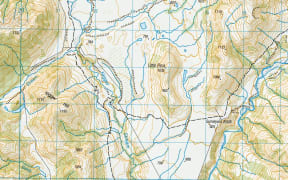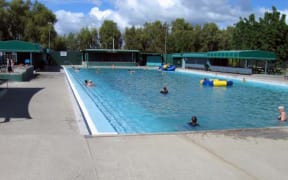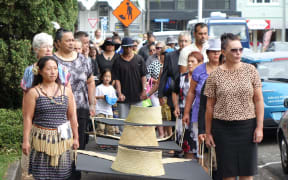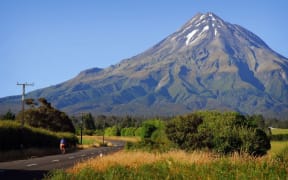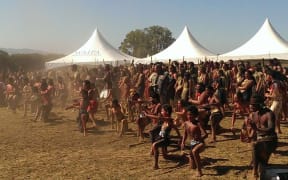Local hapū are crying foul after being left out of the council process that awarded a Taranaki property developer the right to name his subdivision after members of his family.
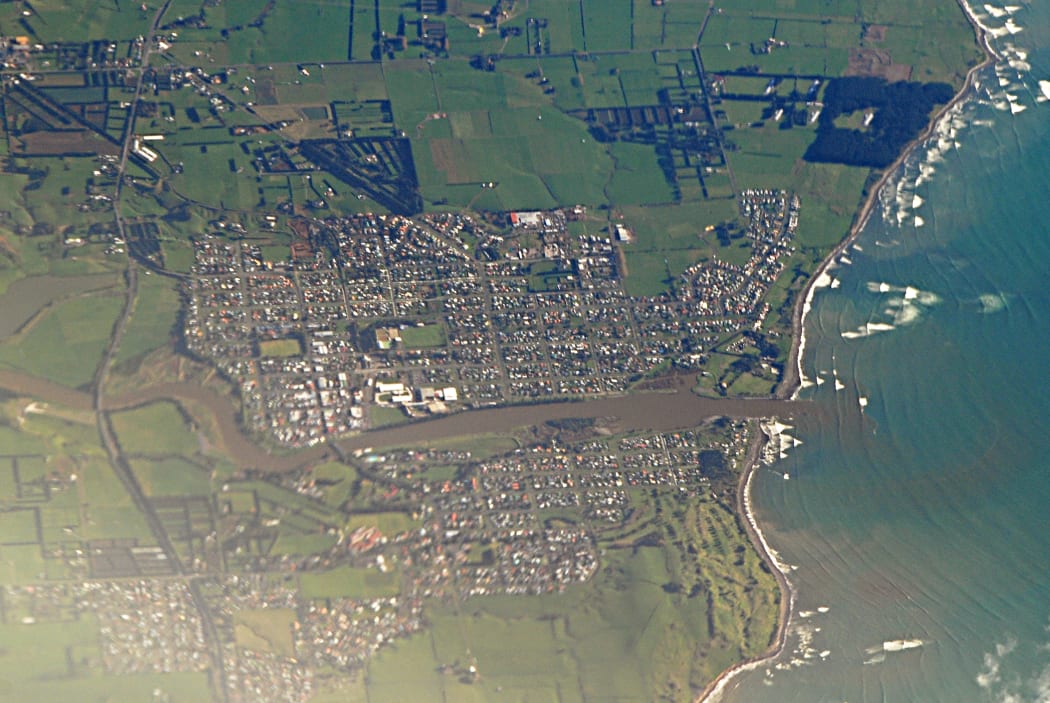
The streets in the Taranaki town of Waitara have often been named after British soldiers, one councillor said. Photo: Phillip Capper / Flickr / CC BY 2.0
Waitara hapū Ōtaraua and Manukorihi said they proposed two Māori names which reflected the area but both were ignored when council voted this week.
The two new names, chosen by developer Richard Dreaver, were Dreavers Drive and Marsters Lane, named after family members who died in World War I.
The decision prompted allegations of bias and manipulation when the monitoring committee met again this week.
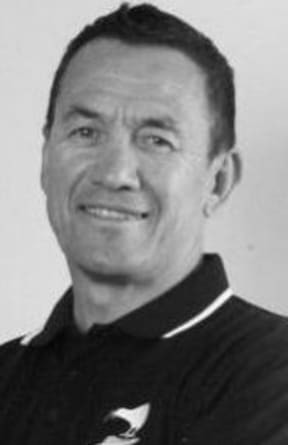
Howie Tamati Photo: SUPPLIED
Councillor Howie Tamati, who spoke against the decision, informed council members of the meaning behind historical Waitara place names.
"Place names in Waitara, street names, have been dominated by British soldiers' names.
"It was an action deliberately taken by the government of the time to signal to iwi that they no longer owned that land, it had been confiscated - it had been illegally confiscated but, too bad, you live with those names."
The chairman of the council's monitoring meeting, Craig McFarlane, said Mr Dreaver was the only person who applied correctly using the council's road naming proposal.
Ōtaraua spokesperson Donna Eriwata said the hapū had met with council to share their name choices.
"Our understanding is that they would put those names forward as our suggestions to the monitoring board. We found out on Tuesday that there was a so-called form that was meant to be filled out, and Mr McFarlane made it clear that the only one who had do that was the Dreavers."
Adding to this, Ms Eriwata said the monitoring committee chairman allowed Mr Dreaver speaking rights at the meeting but denied the hapū the right to speak.
Mr Tamati told the meeting hapū have been treated unfairly.
"The hapū of Ōtaraua and Manukorihi - they were told they didn't have to attend this meeting, and I wanted them here this evening to say that."
Mr McFarlane told the meeting Mr Dreaver did present a deputation at the last monitoring committee meeting, and he believed Ms Eriwata would as well but said she didn't turn up.
Ms Eriwata disputed that; she said hapū had followed the instructions of council throughout the process.
"That's not true. We have said, both hapū, both Ōtaraua and Manukorihi have said, we were available to attend but we were contacted by a staff member of council who wanted to query whether we had met with Mr Dreaver yet.
"Our answer was 'no' and I queried what would that mean with the decision-making and she said that probably wouldn't go ahead."
Ms Eriwata said council staff had failed to set up a meeting between Mr Dreaver and the hapū, and they were shocked when the decision to accept his names was made.
When asked if his monitoring committee would reconsider the matter, Mr McFarlane said it wasn't his call and referred RNZ back to the New Plymouth District Council's management.

